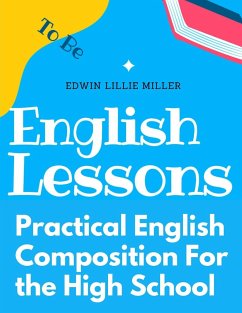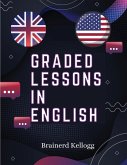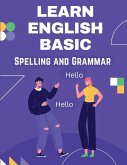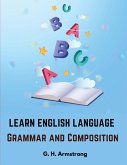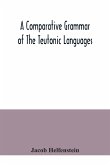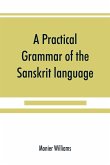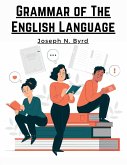In every lesson of this book provision is made for oral work: first, because it is an end valuable in itself; second, because it is of incalculable use in preparing the ground for written work; third, because it can be made to give the pupil a proper and powerful motive for writing with care; and, fourth, because, when employed with discretion, it lightens the teacher's burden without impairing his efficiency. Composition is not writing. Writing is only one step in composition. The gathering of material, the organization of material, criticism, revision, publication, and the reaction that follows publication are therefore in these volumes given due recognition. The quotation at the head of each chapter and the poem at the end are designed to furnish that stimulus to the will and the imagination without which great practical achievement [Page iv] is impossible. On the other hand, the exercises are all designed on the theory that the sort of idealism which has no practical results is a snare. Indeed, the books might be characterized as an effort to find a useful compromise between those warring types of educational theory which are usually characterized by the words "academic" and "vocational." The specific subject of this volume is newspaper writing. The author has himself had enough experience in practical newspaper work to appreciate the difficulties and to respect the achievements of the journalist. He knows that editors must print what people will buy. It seems probable, therefore, that instruction in the elementary principles of newspaper writing, in addition to producing good academic results, may lead pupils to read the papers critically, to discriminate between the good and the bad, and to demand a better quality of journalism than it is now possible for editors to offer. If this happens, the papers will improve. The aim of this book is therefore social as well as academic. It is also vocational. Some of the boys and girls who study it will learn from its pages the elements of the arts of proof-reading and reporting well enough to begin, by virtue of the skill thus acquired, to earn their bread and butter.
Hinweis: Dieser Artikel kann nur an eine deutsche Lieferadresse ausgeliefert werden.
Hinweis: Dieser Artikel kann nur an eine deutsche Lieferadresse ausgeliefert werden.
